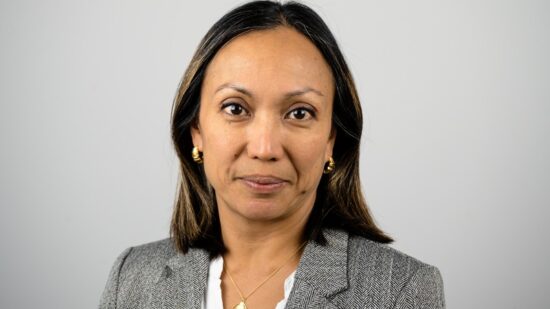Last year the wealth manager, which is the largest in the UK, courted controversy by proposing to take an administrative fee of between 10bps and 20bps from fund groups even after RDR implementation.
Critics said if this was approved by the FSA it would go squarely against the ethos of the RDR shake up.
David Dale, head of wealth management at law firm Dickinson Dees, said: “How can this ensure independence? It assumes all fund providers will bow to such pressure and, if not, run the risk of their fund not being recommended to a client.”
The FSA is currently in discussion with a number of discretionary wealth management firms and a spokesperson for the regulator said the first point to make was that DFMs were classed as a service and not as a product.
“RDR applies to personal recommendations on retail investment products,” she explained, “This is a bit of a different kettle of fish.”
If the FSA decides to allow such administration fees to be exchanged between asset managers and discretionary wealth managers, it would have to be disclosed to the client and they would have to be ok with it, the spokesperson added.
Barclays’ response to Dale’s challenge chimed with the FSA’s: “As an existing industry standard for platforms, this proposed administrative fee relates to services supplied to the product provider and not for any product recommendations.
“Our approach follows the spirit of the RDR which is around clarity of services and charges for those services. We will continue to keep our clients fully informed of all relevant changes.”
Spirit test
Some smaller DFM’s have said Barclays’ ability to ask for recompense to cover ‘administrative’ costs comes down to commercial clout.
“While it does not run against the letter of RDR, it does run against the spirit,” said David Cowell, director of Leeds-based DFM Myddleton Croft.
“If two commercial organisations come to an arrangement that does not mean the client is getting charged more or less than before and whatever they are being charged is open and honest I cannot see that within the current rules anyone is breaking them.
“It has always been this way – the big boys being able to do stuff the smaller boys cannot – which is why the smaller boys have always had to be slightly more expensive. But you pay for what you get.”
The FSA is yet to make a final decision on the subject of administration fees, but Dale believes “certain financial institutions well-known for providing discretionary fund management” have already been approaching fund providers and requesting them.
He has surveyed several fund providers recently and they confirmed they were waiting to see the FSA’s reaction.
“After all, they need to protect their market share and they will bow under pressure to do so if the FSA allows it.”
He concluded: “RDR should bring a levelling down in AMCs in 2013, rather than maintaining status quo and siphoning off costs to advisers.”
Under his role at Dickinson Dees, Dale has written to the FSA urging it to resist requests to allow administration fees. He called upon other wealth managers, family offices and financial advisers to do the same.







